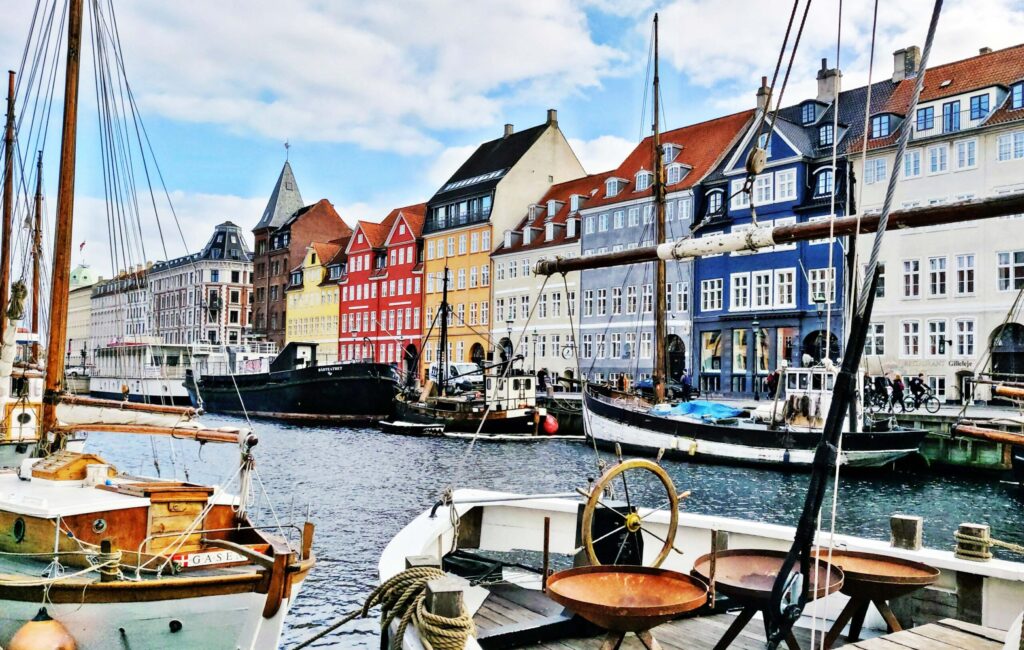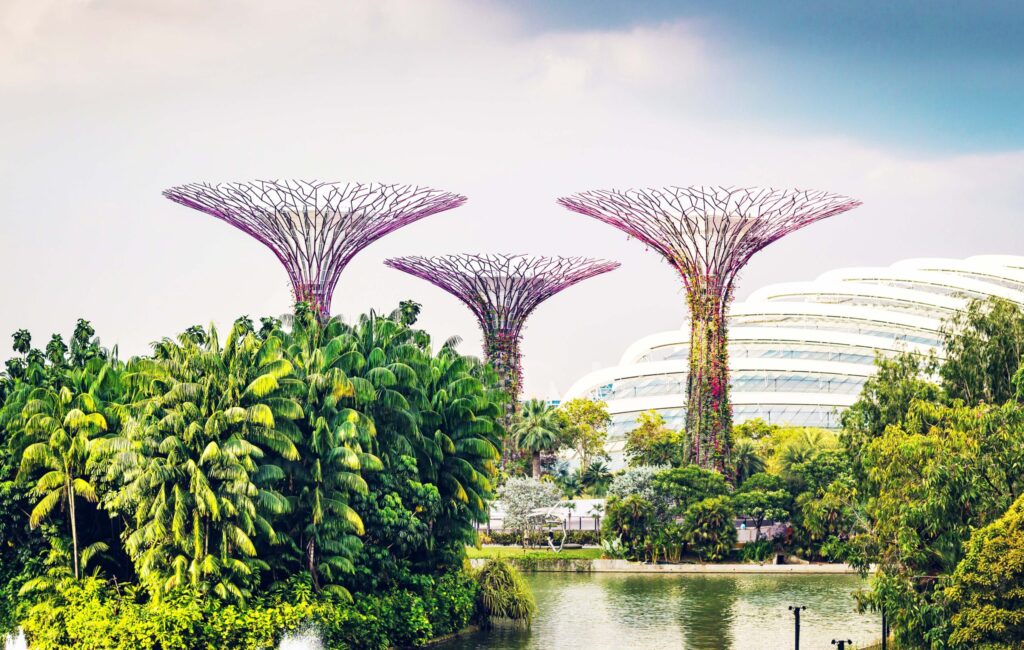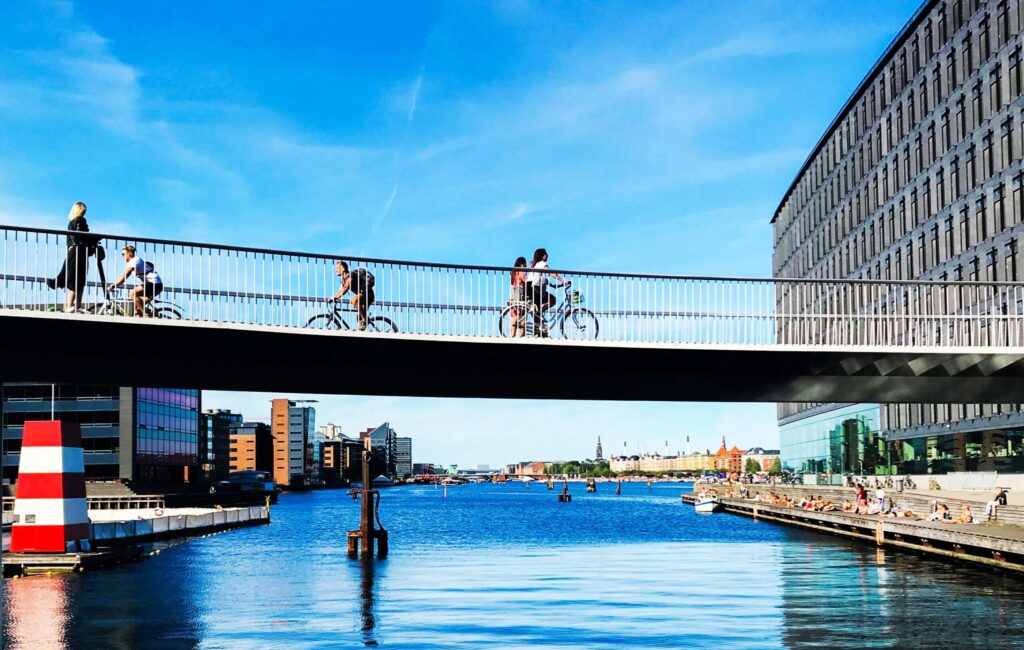Eco-Travel Adventures: Exploring Sustainable Destinations for Travelers Seeking Greener Options
According to Tripadvisor, these top destinations are what is driving travelers to make different choices when choosing where to go on a holiday. They are looking at more conscientious ways to explore the world.
Eco-conscious exploration through some of the world’s top sustainable destinations so far for 2024 is diverse– from the clean, bike-friendly streets of Copenhagen to the lush vineyards of Bordeaux, these cities have earned international acclaim for their commitment to environmental stewardship and innovative sustainability practices.
Whether strolling through Stockholm’s urban green spaces or marveling at Melbourne’s eco-friendly architecture, each destination offers a unique blend of eco-conscious living and vibrant cultural experiences.
Join us as we delve into the heart of sustainable travel and discover the transformative power of responsible tourism in shaping a greener, more resilient future for generations to come.
Here’s a brief overview of each destination:
- Copenhagen, Denmark: Renowned for its cycling culture, green spaces, and commitment to renewable energy, Copenhagen is a leader in sustainable urban living.
- Stockholm, Sweden: With its efficient public transportation system and focus on renewable energy, Stockholm is a frontrunner in eco-friendly initiatives.
- Helsinki, Finland: Helsinki prioritizes sustainability in its urban development, emphasizing renewable energy, efficient public transportation, and green spaces.
- Singapore: Despite being a bustling metropolis, Singapore is dedicated to sustainability through initiatives like green buildings, water conservation, and urban greenery.
- Bordeaux, France: Known for its sustainable vineyards and commitment to organic winemaking, Bordeaux has also implemented green initiatives in urban planning and transportation.

- Melbourne, Australia: Melbourne is recognized for its efforts in waste management, renewable energy, and sustainable architecture, making it one of Australia’s leading eco-friendly cities.
- Oslo, Norway: Oslo leads in sustainability by focusing on renewable energy, waste management, and eco-friendly transportation options like electric vehicles and extensive public transit.
- Brussels, Belgium: Brussels is committed to sustainability through measures like green urban planning, waste reduction, and promoting eco-friendly transportation alternatives.
- Galway, Ireland: Galway emphasizes sustainable tourism, eco-friendly practices, and conservation efforts, making it a top choice for environmentally conscious travelers.
- Belfast, United Kingdom: Belfast has made strides in sustainability through initiatives such as renewable energy projects, waste reduction programs, and the development of green spaces.
TIPS: When traveling to a sustainable destination, it’s essential to pack consciously to minimize your environmental impact. Consider bringing reusable water bottles to reduce single-use plastic consumption. Opt for eco-friendly toiletries like biodegradable soap and shampoo, and pack lightweight, versatile clothing to minimize luggage weight and carbon emissions during transportation.
Additionally, bring a reusable tote bag for shopping and souvenirs and a portable solar charger for electronic devices. By packing thoughtfully, you can contribute to the sustainability efforts of your destination and enjoy a more eco-conscious travel experience.

Did you know?
One lesser-known fact about these sustainable destinations is their significant focus on eco-friendly food practices. Many of these cities boast thriving local food scenes prioritizing sustainable sourcing, organic farming, and reducing food waste. From Copenhagen’s emphasis on farm-to-table dining to Melbourne’s vibrant farmers’ markets promoting locally-grown produce, these cities are leading the way in environmental sustainability and fostering a more sustainable and ethical approach to food consumption.
A little history:
The listed cities have been shaped by the rise of global sustainability, driven by late 20th-century concerns over environmental degradation and climate change. Momentum surged in the early 21st century, leading to widespread adoption of eco-friendly policies.
Copenhagen and Stockholm started their journeys in the 1970s, focusing on renewable energy and combating pollution. Bordeaux embraced organic winemaking due to agriculture concerns, while Helsinki prioritized sustainability through long-standing environmental protection efforts.
Singapore’s transformation stems from strategic post-independence policies, while Melbourne’s journey began with community-driven initiatives. Oslo’s leadership traces back to early 20th-century environmental activism, and Brussels evolved its focus from mid-20th-century urban sprawl concerns. Galway and Belfast reflect broader trends in Ireland and the UK toward ecological conservation since the mid-20th century.
stems from strategic post-independence policies, while Melbourne’s journey began with community-driven initiatives. Oslo’s leadership traces back to early 20th-century environmental activism, and Brussels evolved its focus from mid-20th-century urban sprawl concerns. Galway and Belfast reflect broader trends in Ireland and the UK toward ecological conservation since the mid-20th century.
These city histories underscore a global sustainability shift driven by environmental challenges, social movements, and government policies.




